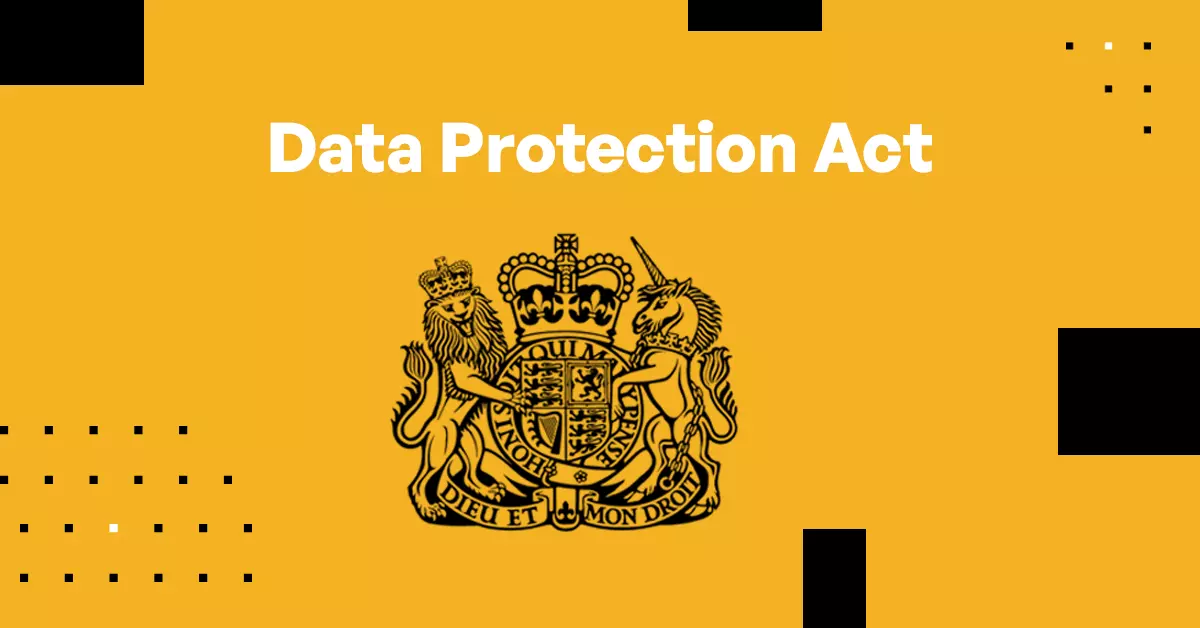
The UK has stringent data privacy laws to protect individuals’ personal data, primarily governed by the UK General Data Protection Regulation (UK GDPR) and the Data Protection Act 2018 (DPA 2018). These laws set out the rights of individuals and the obligations of organizations handling personal data.
Key Data Privacy Laws in the UK
1. UK General Data Protection Regulation (UK GDPR)
- Overview: Adopted post-Brexit, the UK GDPR mirrors the EU GDPR with some UK-specific modifications.
- Scope: Applies to any organization processing personal data of individuals in the UK, regardless of where the organization is based.
- Key Principles:
- Lawfulness, fairness, and transparency: Personal data must be processed legally and transparently.
- Purpose limitation: Data should only be used for specified purposes.
- Data minimization: Collect only what is necessary.
- Accuracy: Keep data up-to-date and accurate.
- Storage limitation: Retain data only for as long as necessary.
- Integrity and confidentiality: Ensure data security.
- Accountability: Organizations must demonstrate compliance.
2. Data Protection Act 2018 (DPA 2018)
- Overview: Supplements the UK GDPR, addressing areas like law enforcement, intelligence services, and exemptions.
- Features:
- Defines specific provisions for the processing of personal data by public authorities.
- Provides exemptions for journalism, academic research, and national security.
Rights of Individuals
Under UK GDPR, individuals have several rights regarding their personal data:
- Right to Access: Individuals can request a copy of their personal data.
- Right to Rectification: Correct inaccurate or incomplete data.
- Right to Erasure (“Right to Be Forgotten”): Request deletion of data under certain conditions.
- Right to Restrict Processing: Limit how their data is used.
- Right to Data Portability: Transfer their data to another service provider.
- Right to Object: Stop processing for specific purposes (e.g., direct marketing).
- Rights Related to Automated Decision-Making: Challenge decisions made solely by algorithms.
Obligations of Organizations
Organizations processing personal data must:
- Appoint a Data Protection Officer (DPO) if handling large-scale sensitive data.
- Conduct Data Protection Impact Assessments (DPIAs) for high-risk activities.
- Maintain Records of Processing Activities (RoPA).
- Report Data Breaches to the Information Commissioner’s Office (ICO) within 72 hours if the breach risks individuals’ rights and freedoms.
Enforcement and Penalties
- Regulatory Body: The Information Commissioner’s Office (ICO) oversees compliance with data protection laws.
- Penalties:
- Fines for non-compliance: Up to £17.5 million or 4% of global annual turnover (whichever is higher).
- Lesser fines for minor breaches: Up to £8.7 million or 2% of global annual turnover.
Special Categories of Personal Data
Certain types of personal data require additional protection:
- Health data.
- Biometric data.
- Genetic data.
- Political opinions.
- Religious beliefs.
Organizations must have a lawful basis for processing this data, such as explicit consent or legal obligations.
Exemptions
- Journalistic, academic, artistic, and literary purposes: Data may be exempt from some GDPR provisions.
- National Security: Special rules apply for data processed by security services.
Emerging Trends and Future Considerations
- Data Protection and Digital Information Bill: This proposed legislation seeks to simplify UK GDPR while maintaining high data protection standards, streamlining compliance for businesses.
- International Data Transfers: Post-Brexit, the UK uses “adequacy decisions” and Standard Contractual Clauses (SCCs) to facilitate cross-border data transfers.
How to Stay Compliant
- Review Data Practices: Ensure data is collected, stored, and processed lawfully.
- Secure Data: Use encryption and robust security measures.
- Update Policies: Have clear privacy and data protection policies.
- Train Staff: Regularly educate employees about data protection.




